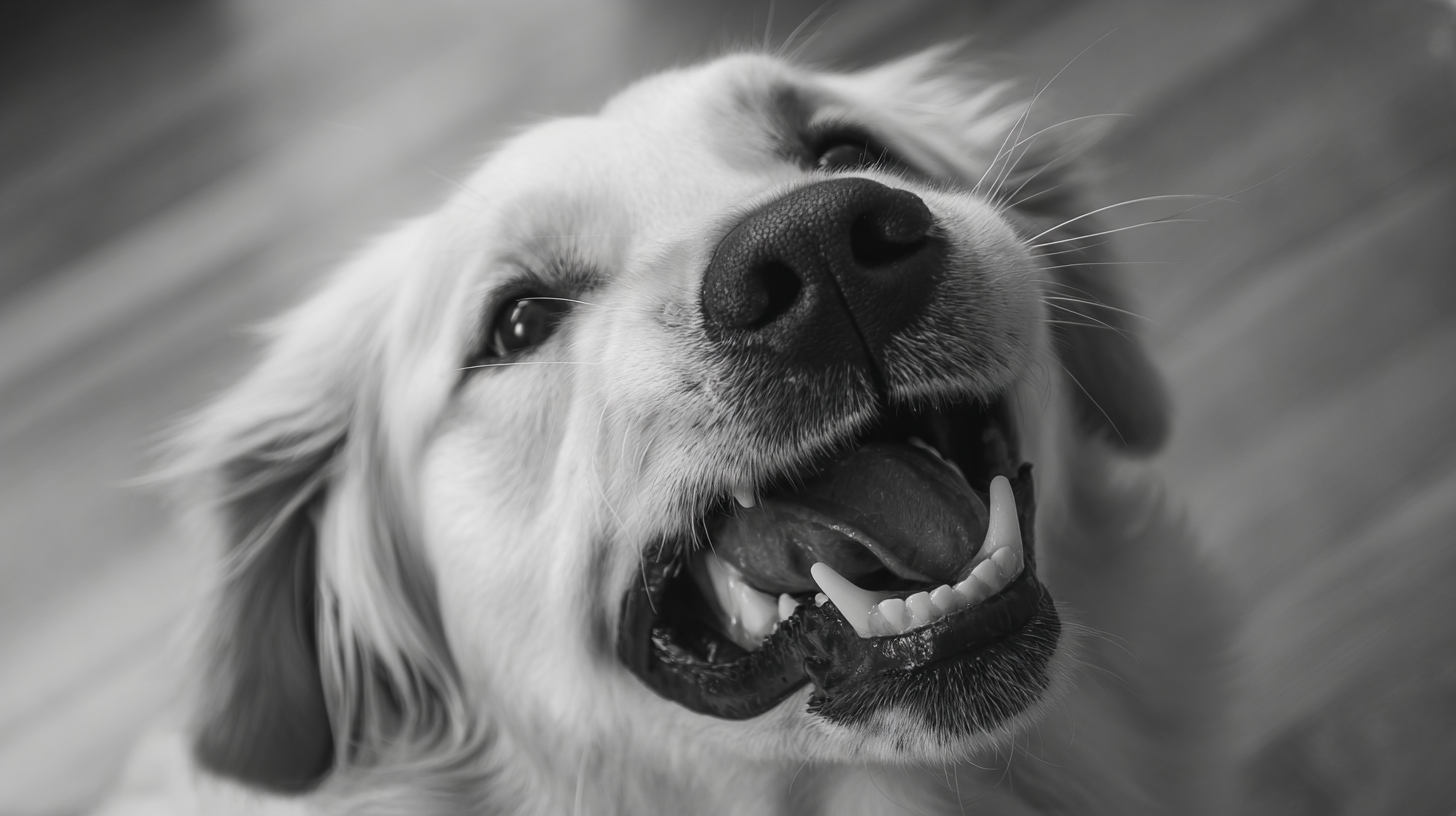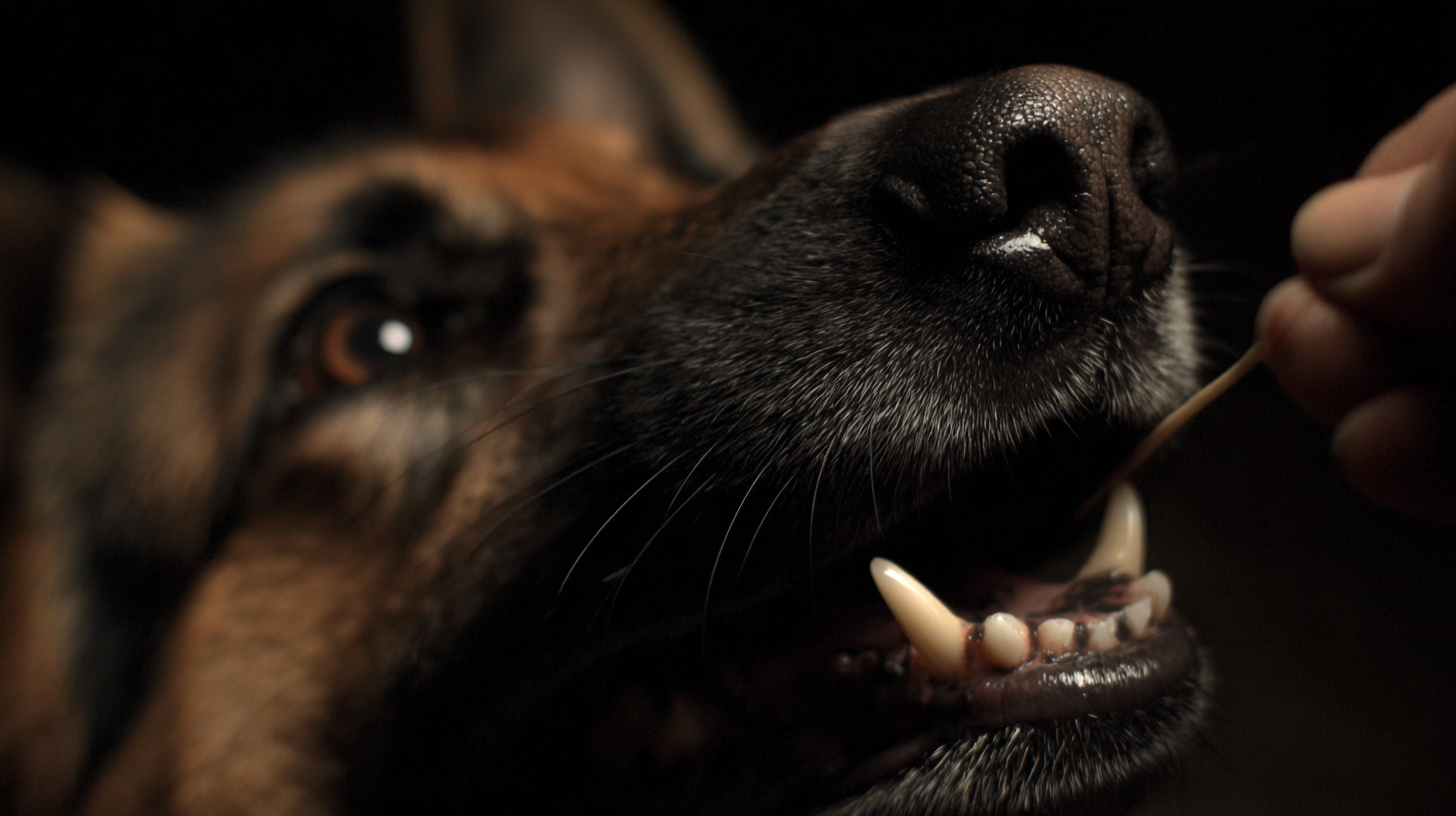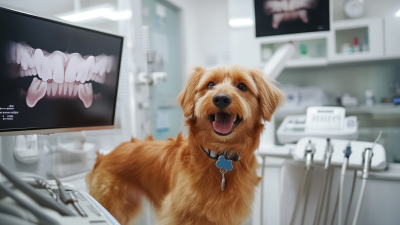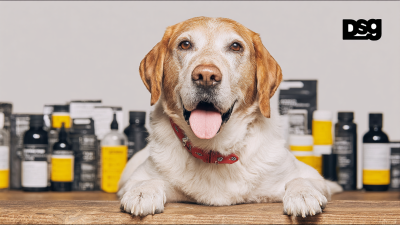Maintaining your dog's dental health is crucial for their overall well-being, yet studies reveal that nearly 80% of dogs show signs of dental disease by the age of three. The American Veterinary Dental College emphasizes the importance of preventive care, noting that poor oral hygiene can lead to severe health issues, including heart, liver, and kidney disease, as bacteria from the mouth can enter the bloodstream. As pet owners, it's vital to take proactive steps in promoting good dog dental health at home. This includes regular teeth brushing, providing dental chews, and scheduling professional cleanings with your veterinarian. By understanding and implementing effective dental care practices, you can significantly enhance your furry friend's quality of life and longevity. The following guide aims to equip you with practical tips and insights to maintain your dog's dental health efficiently and effectively.

When it comes to maintaining your dog's dental health at home, choosing the right dental care products is crucial. First, look for toothpaste specifically formulated for dogs, as human toothpaste can be toxic to them. These canine toothpastes often come in flavors that appeal to dogs, such as chicken or peanut butter, making the brushing experience more enjoyable. Additionally, select a toothbrush designed for dogs, which typically has softer bristles and a comfortable handle, ensuring that you can effectively clean your dog’s teeth without causing discomfort.
Incorporating dental chews and toys into your dog’s routine can also help enhance their oral hygiene. When selecting these products, ensure they are made from safe materials and have the Veterinary Oral Health Council (VOHC) seal of approval, which indicates they meet specific dental care standards. Regularly monitoring your dog's dental health through these products can prevent plaque and tartar buildup, ultimately leading to fewer visits to the veterinarian for dental issues. By investing time in choosing the right dental care solutions, you not only contribute to your dog's overall health but also set a foundation for a long-lasting, happy life.
Establishing a regular teeth cleaning routine for your dog is essential for maintaining their dental health and overall well-being. Just as dental care is critical for humans, it is equally important for pets, particularly as they age. Regular brushing can significantly reduce the risk of periodontal disease, which has been linked to serious health issues in both dogs and humans. By incorporating teeth cleaning into your dog's grooming routine, you not only help to prevent tartar buildup but also foster a bond of trust and comfort between you and your pet.
Moreover, veterinary professionals emphasize that consistent dental care can lead to longer, healthier lives for dogs. With recent studies highlighting the connection between oral health and systemic conditions like heart disease and stroke, it becomes imperative to take a proactive approach. Utilizing dental chews, water additives, and regular vet check-ups are effective ways to complement at-home cleaning efforts. Keeping a detailed schedule for brushing—ideally at least two to three times a week—will help ensure your dog's mouth remains healthy and free of disease, ultimately enhancing their quality of life.
Recognizing the signs of dental disease in dogs is essential for promoting their overall health and well-being. Many dog owners may not realize that symptoms like bad breath, swollen gums, or changes in eating habits can indicate serious dental issues. Recent research reveals that a significant portion of dog owners are unaware of these critical signs and often misinterpret bad breath as a normal trait rather than a symptom of periodontal disease. This lack of awareness can lead to advanced dental problems, which may result in pain and systemic health issues for the pet.
In addition to bad breath, other signs of dental disease include difficulty chewing, excessive drooling, or visible tartar buildup. It's important for dog owners to be observant and proactive when it comes to their pets' dental health. Regular dental check-ups, combined with at-home care, can help in early detection and management of dental diseases. Educating pet owners about these signs not only improves the life quality of dogs but also helps bridge the gap in knowledge surrounding pet dental health, which is often overlooked.
Incorporating dental-friendly treats into your dog's diet is an excellent way to support their oral health while giving them a tasty reward. Many commercial dog treats are specifically formulated to help reduce plaque and tartar buildup. Look for products with ingredients like chlorophyll, baking soda, or other dental health-promoting components. Chewy or crunchy treats can be especially effective, as the action of chewing can help clean the teeth and stimulate the gums, leading to better overall dental hygiene.

 Scheduling regular veterinary dental check-ups is essential for maintaining your dog's dental health. According to the American Veterinary Dental College, periodontal disease affects approximately 80% of dogs by the age of three, highlighting the importance of preventive dental care. Regular veterinary check-ups not only help in early detection and treatment of dental issues but also provide your pet with necessary professional cleanings that cannot be achieved through home care alone.
Scheduling regular veterinary dental check-ups is essential for maintaining your dog's dental health. According to the American Veterinary Dental College, periodontal disease affects approximately 80% of dogs by the age of three, highlighting the importance of preventive dental care. Regular veterinary check-ups not only help in early detection and treatment of dental issues but also provide your pet with necessary professional cleanings that cannot be achieved through home care alone.
During these routine visits, veterinarians can assess your dog's oral health and recommend adequate preventive measures tailored to their specific needs. The American Animal Hospital Association (AAHA) recommends annual dental check-ups for pets, and more frequent visits may be necessary for those with previous dental issues. These appointments often include thorough examinations, cleanings, and X-rays to diagnose problems that aren’t visibly apparent, ensuring that your dog’s teeth and gums remain healthy over time. Investing in these check-ups not only enhances your dog’s well-being but also can save you from costly treatments later on.





